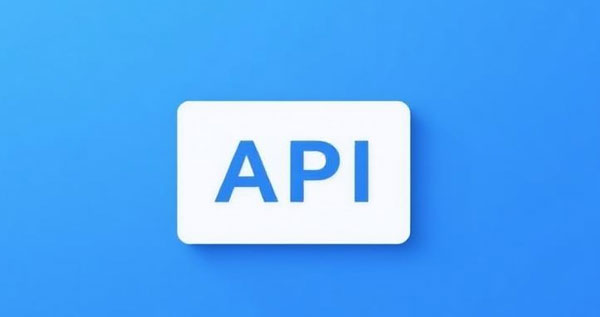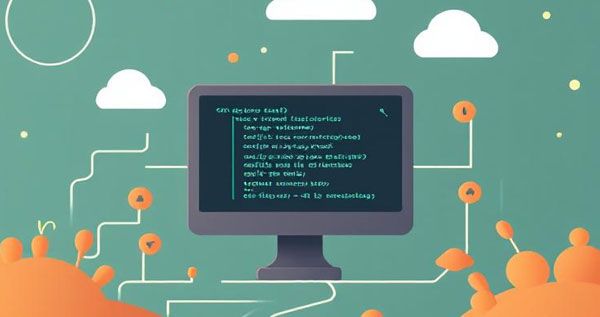How to Choose Cheap Proxies for Web Scraping?
1. Introduction
When performing web scraping, proxy IPs are an essential tool. With proxies, you can effectively bypass website anti-scraping mechanisms, avoid IP bans, and improve scraping efficiency. However, many web scraping developers and businesses face a common issue—how to find cheap and reliable proxy services?
This article will explore how to choose cheap proxies for web scraping and introduce some cost-effective proxy service providers to help you minimize costs while ensuring stable and secure data extraction.
2. What is a Proxy and Why is it Important in Web Scraping?
A proxy IP is an intermediary server that forwards your requests to a target website. When using a proxy, the website sees the proxy server's IP address, not your real IP.
In the web scraping process, proxies serve two main purposes:
Preventing IP bans: Websites identify and block automated scraping based on IP addresses. Using proxies helps distribute the requests, preventing any single IP from getting blocked.
Bypassing geographic restrictions: Proxies can be sourced from different regions around the world, allowing you to bypass geo-blocks and perform international data scraping.
3. Types of Proxies and Cost Analysis
Different types of proxies vary in terms of price, performance, and use cases. Here is a brief comparison of the various types of proxies:
Proxy Type | Cost | Use Cases | Pros | Cons |
|---|---|---|---|---|
$Low | High-speed scraping, batch tasks | Cheap, fast speed | Easy to detect, high ban risk | |
$$Medium | E-commerce, SEO, market research | High anonymity, hard to detect | More expensive | |
$$$High | Large-scale scraping, high anonymity | Best for bypassing bans | Expensive | |
ISP Proxy | $$$High | Bypassing anti-bot systems | High stability, long-term use | Expensive |
Typically, cheap proxies are mostly datacenter proxies, but if you require higher anonymity, residential proxies are a better choice, though they may be more expensive.
4. How to Choose Cheap Proxies for Web Scraping?
When selecting cheap proxies, consider the following factors:
Price vs. Performance: While cheap proxies might save costs, they may have lower performance. Choose proxies that balance cost with scraping efficiency.
Proxy Rotation Frequency: Does the service automatically rotate proxies to avoid detection? Frequent IP changes reduce the risk of bans.
Anonymity: How much anonymity is required for your scraping needs? This will influence your proxy choice.
Geolocation Requirements: Do you need proxies from specific regions for your scraping tasks?
Concurrent Request Support: For high-frequency or bulk requests, choose proxies that support concurrent connections.
5. Recommended Cheap Proxy Providers
Here are some cost-effective proxy providers to consider for web scraping:
Proxy Provider | Proxy Type | Cost | Advantages |
|---|---|---|---|
Residential Proxy, Dynamic Residential Proxy, Datacenter Proxy | $$ | 120M+ IP pool, reliable, global coverage | |
ScraperAPI | Datacenter Proxy, Residential Proxy | $$ | Fast and affordable, easy-to-use API |
Smartproxy | Residential Proxy, Dynamic Residential Proxy | $$$ | Large IP pool, suitable for large-scale scraping |
ProxyCrawl | Datacenter Proxy, Residential Proxy | $$ | High stability, supports high-frequency scraping |
Luckdata offers proxies worldwide, including 120M+ stable residential proxies, and supports automatic IP rotation. With competitive pricing, Luckdata is ideal for large-scale, high-frequency scraping tasks.
6. How to Use Cheap Proxies for Web Scraping? (Code Examples)
Here is an example of how to use cheap proxies for web scraping in Python, including code for using Luckdata proxies:
Python Example:
import requestsproxy = {
'http': 'http://Account:Password@ahk.luckdata.io:Port',
'https': 'http://Account:Password@ahk.luckdata.io:Port',
}
url = "https://api.ip.cc"
response = requests.get(url, proxies=proxy)
print(response.text)
Java Example:
import okhttp3.*;public class HTTPDemo {
public static void main(String[] args) {
final String proxyHost = "ahk.luckdata.io";
final int proxyPort = 12345;
final String username = "Account";
final String password = "Password";
final String targetUrl = "https://api.ip.cc";
OkHttpClient client = new OkHttpClient.Builder()
.proxy(new Proxy(Proxy.Type.HTTP, new InetSocketAddress(proxyHost, proxyPort)))
.proxyAuthenticator((route, response) -> {
String credential = Credentials.basic(username, password);
return response.request().newBuilder().header("Proxy-Authorization", credential).build();
})
.build();
Request request = new Request.Builder().url(targetUrl).build();
try (Response response = client.newCall(request).execute()) {
System.out.println(response.body().string());
} catch (Exception e) {
e.printStackTrace();
}
}
}
7. Best Practices for Using Cheap Proxies
Avoid Overusing a Single IP: To reduce the risk of being banned, regularly rotate IP addresses.
Control Request Frequency: Avoid sending too many requests in a short time, which can trigger anti-scraping measures.
Test Proxy Services: Before scaling up your scraping efforts, conduct small-scale tests to ensure proxy stability.
Implement Anti-Scraping Measures: Mimic real user behavior, adding appropriate delays and headers to your requests.
8. Conclusion
Choosing cheap proxies does not mean compromising on performance. By selecting an affordable proxy service and combining it with best practices, you can enhance your scraping efficiency while reducing costs.
Luckdata offers cost-effective proxy services, whether you're using residential proxies or dynamic residential proxies, ensuring stability and support for large-scale, high-frequency scraping tasks. If you're looking for cheap and reliable proxies, Luckdata is an excellent choice.




